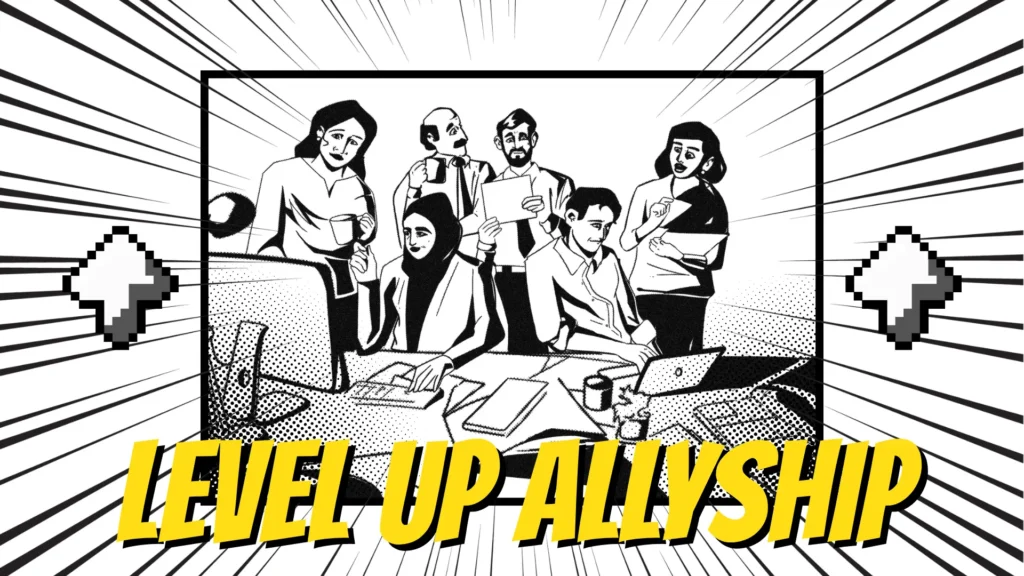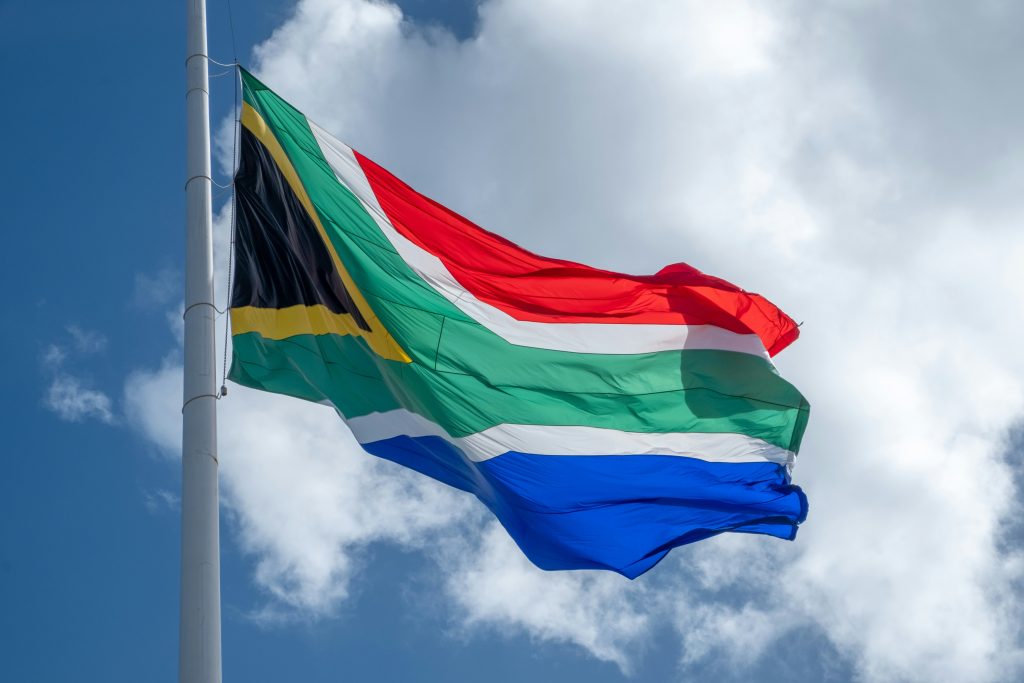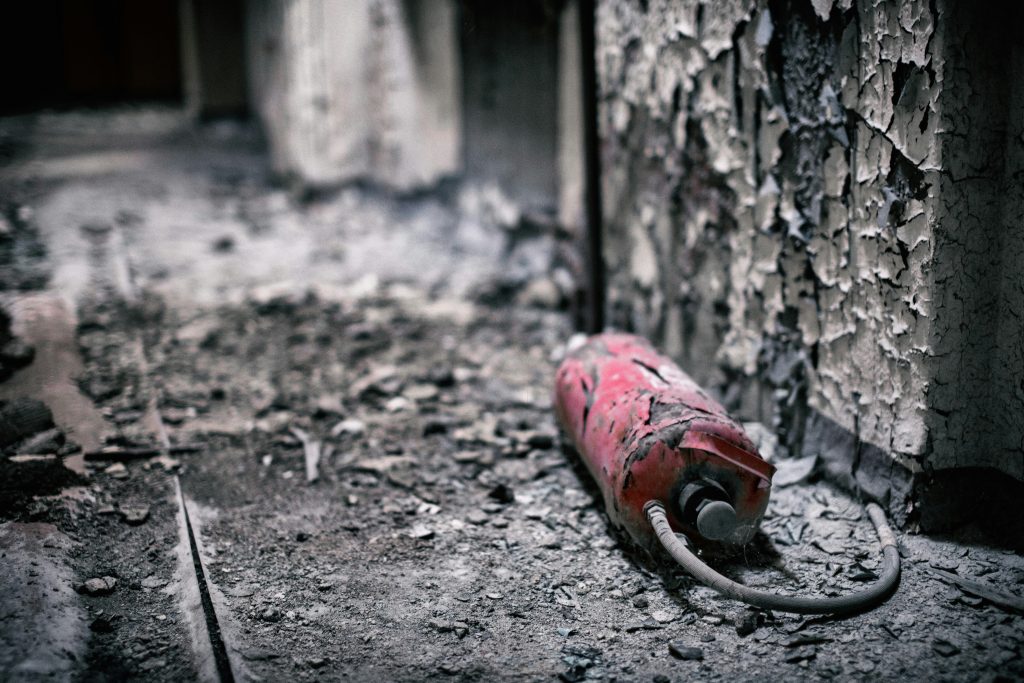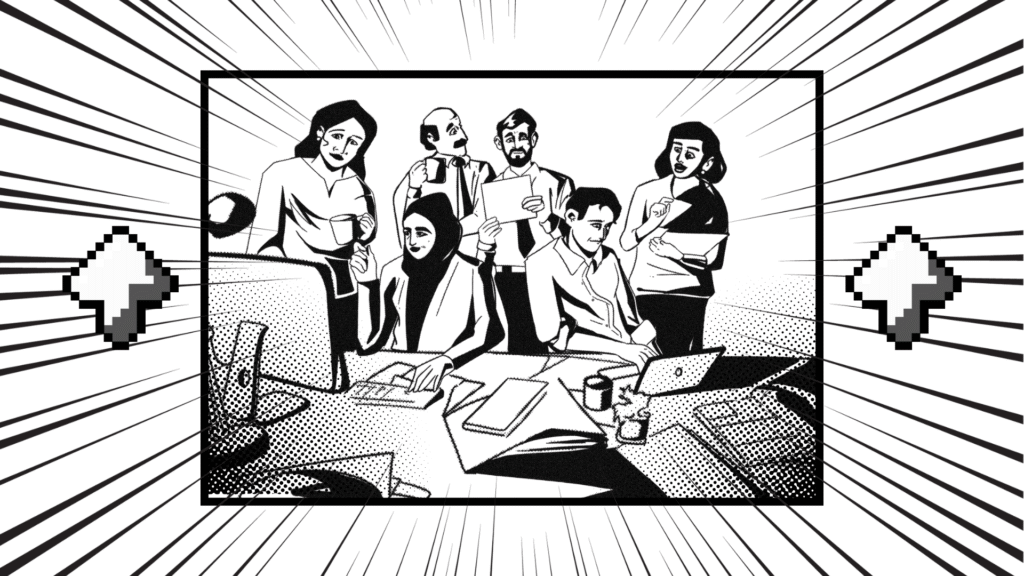
Serein Legal Team
2 min read
What we see online often plays a key role in breaking the mould of stereotypes. TV Shows have pushed forth in this domain, be it through the Chess masterpiece in the Queen’s Gambit or the Urdu dramedy in Chudails.
Explore why political parties must be brought under the purview of the POSH Act to ensure workplace safety for women and uphold democratic accountability and values.
Prevailing harassment in sports highlights the urgent need for accountability, empathy and safe environments where athletes and staff feel respected and valued.
Several companies across the globe have anti-harassment hotlines. But how are effective are they in building safe workplaces and deterring misconduct?
- All
- PoSH
- Anti-harassment and safety
- Global compliance laws
- Domestic violence
Trust is about confidence in others; psychological safety is about confidence in being yourself. Together, they shape open, resilient teams where people thrive.
Psychological safety is key for an essential workplace. According to Timothy R Clark's work, it is of four types: Inclusion, Learner, Contributer and Challenger safety.
Empathy is noticing what others miss; being an empathetic bystander means responding with care, not silence, and helping shape safer, more respectful workplaces.
Harassment hides in silence and small moments. Awareness grows when we notice. Change begins when we speak up to protect everyone’s right to safety and respect.
When we wait for others to act, nothing changes. Overcoming the “someone else will do it” mindset means stepping up, even when it’s uncomfortable, to create the change we seek.
This work describes the nature of psychological safety, its appearance and the illusory role it plays upon developing company success.
Handling sexual abuse disclosures requires deep empathy, trauma-informed approaches, confidentiality & connecting survivors to expert support services.
The J. Hema Committee report exposed systemic sexual harassment in Malayalam cinema, demanding industry-wide PoSH compliance & cultural change.
The Supreme Court's firm stance against diluting POCSO safeguards reinforces the commitment to protect children from sexual offences, complementing PoSH.
Aggregators like Ola bear responsibility under PoSH 2013 to ensure safety mechanisms extend to their platform workers, despite operational complexities.
Anonymous complaints can be filed under PoSH, but inquiries may be limited if anonymity prevents gathering essential evidence or responses.
HR must secure evidence and ensure safety, then begin an impartial process without bias, while maintaining confidentiality throughout the investigation.
Tailored flexibility boosts retention and productivity better than one size fits all rules.
“Anatomy of a Scandal” exposed flawed victim tropes. Embracing nuanced survivor accounts and evidence-based inquiry ensures fair workplace processes.
Gaslighting at work (veiled criticism or blame-shifting) erodes confidence. Recognise patterns early to safeguard wellbeing and restore trust at work.
Consent Part III explores informed, enthusiastic agreement. Respecting autonomy, ensuring clarity and prioritising communication builds safe relations.
Consent Part II reveals how law and power shape agreement. Boundaries, choice and respectful negotiation are key to integrity and mutual understanding.
Consent means clear, voluntary agreement without pressure. It requires capacity, awareness and ongoing affirmation which are the foundations of trust and respect.
Silence around domestic violence hurts workplaces too. Recognise signs, offer safe support systems & flexible policies to help survivors heal & retain employment.
India's Domestic Violence Act protects both parties in live-in relationships. Understanding this legal recognition is crucial for safety & seeking rightful recourse.
Cinema often sensationalises domestic violence. Responsible storytelling should highlight realities, survivor strength & pathways to support, not perpetuate myths.
Gaslighting is psychological abuse making victims doubt their reality. Recognise manipulation tactics, trust your instincts & seek support to break free from this.
Women have the right to protection orders, residence, monetary relief & legal aid under India's Domestic Violence Act. Knowing these enables survivors to be safe.
Consent & boundaries are key. Domestic violence shatters both. Rebuilding starts with respecting autonomy & recognising coercive control as a violation of rights.



























